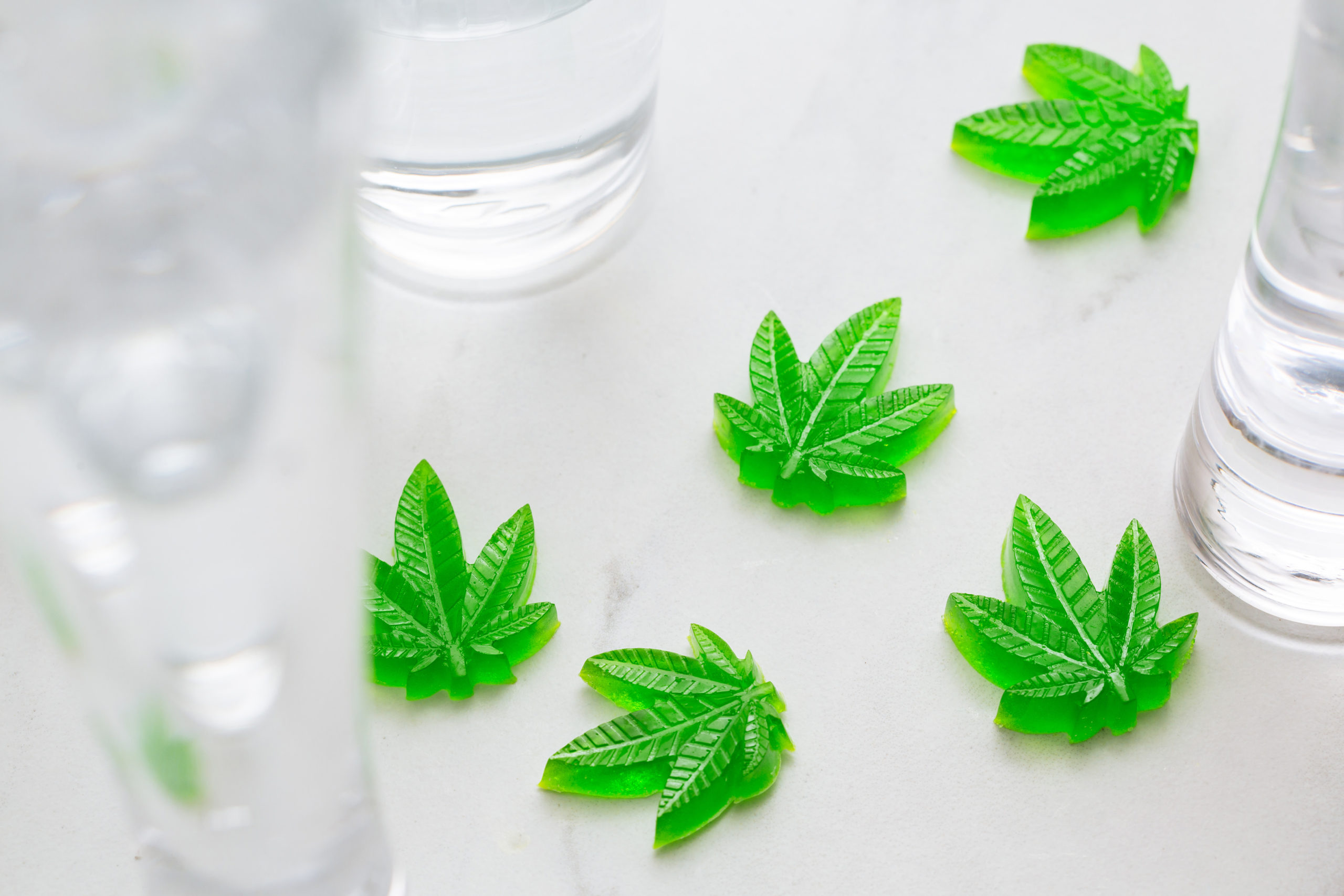Governor Walz signed a bill passed by the Minnesota legislature that significantly affects the type of cannabis products that may be sold in the state. The bill was crafted to resolve major issues in Minnesota’s hemp industry but also creates a barrier for the sale of certain cannabis products which are very popular with Minnesotans. The law is expected to go into effect on July 1, 2022.
Cannabinoids, such as cannabidiol (CBD), cannabigerol (CBG), and tetrahydrocannabinol (THC), may soon be legally added to food and beverages sold in Minnesota with certain restrictions. Prior to this legislative fix, adding any cannabinoid was considered food adulteration. This became a major problem within Minnesota’s hemp industry as these products became more popular with the public. Minnesota Department of Agriculture began sending cease-and-desist letters to Minnesota businesses last year on this issue; yet outstate businesses were selling in Minnesota unrestricted. The new legislation should hopefully resolve this issue.
The new law allows cannabinoids – even THC – to be additives to food and drinks sold in Minnesota. If the added cannabinoid is THC, the food product may contain no more than 5 mg of THC in a single serving and total of 50 mg per package. Though any product, including edible products, cannot contain more than 0.3 % of any THC. These new regulations open the door to legally selling products in Minnesota containing delta-9 THC in a substantive amount for the first time. Unfortunately, given the weight of vape cartridges and cannabis flower, this new option will most likely be limited to food products.
The new law also implements specific requirements for labeling, which include identifying serving size, cannabinoid profile, and testing results. It also prohibits packaging with marketing which may attract children and requires child-resistant packaging. Retailers many only to +21 years of age consumers, though many businesses in the industry already have this restriction. The packaging and marketing cannot contain any statements that the cannabinoid product is used for curing, diagnosis, or treatment of a medical conditions.
The new law came with a restriction which will be damaging to businesses selling non-food and drink cannabinoid products. The new law states that products containing “more than 0.3% of any [THC]” is an adulterated drug with the intent of prohibiting the sale THC vape cartridges and flower, including delta-8 and delta-10 products, from being sold in Minnesota.
This is disappointing given that a recent federal Court of Appeals case confirmed what many already believe, which is that products containing hemp-derived delta-8 were legal based on the federal definition of hemp. Now, Minnesota law will be more restrictive than federal, and this will have major effects on Minnesota businesses as products containing hemp-derived delta-8 and delta-10 THC vapes have become wildly popular.
Finally, the bill creates a legislative fix for an issue caused by the 2021 Minnesota Court of Appeals case Minnesota v. Loveless, described in more detail here. In this case, the Court of Appeals noted an error in the revision of the criminal statutes involving THC when Minnesota passed the first laws allowing the growing and sale of hemp. The Loveless case is set to be heard by the Minnesota Supreme Court next month, but the legislative fix resolves the aftermath felt by the cannabis industry.
These are the first major changes to Minnesota’s hemp law since they were first were enacted in 2019 and will go into effect on July 1, 2022. While it finally allows Minnesota cannabis businesses to participate in the food and beverage industry, it, unfortunately, adversely affects a significant number of businesses and consumers who value products containing delta-8 and delta-10 THC. In addition, there will continue to be issues involving holes in the regulations and enforcement, which often comes with government regulations being piecemeal. If you are concerned this new law may affect your business or if you have any other questions, please feel free to contact Carol Moss at cmoss@hjlawfirm.com or 952-746-2187.


